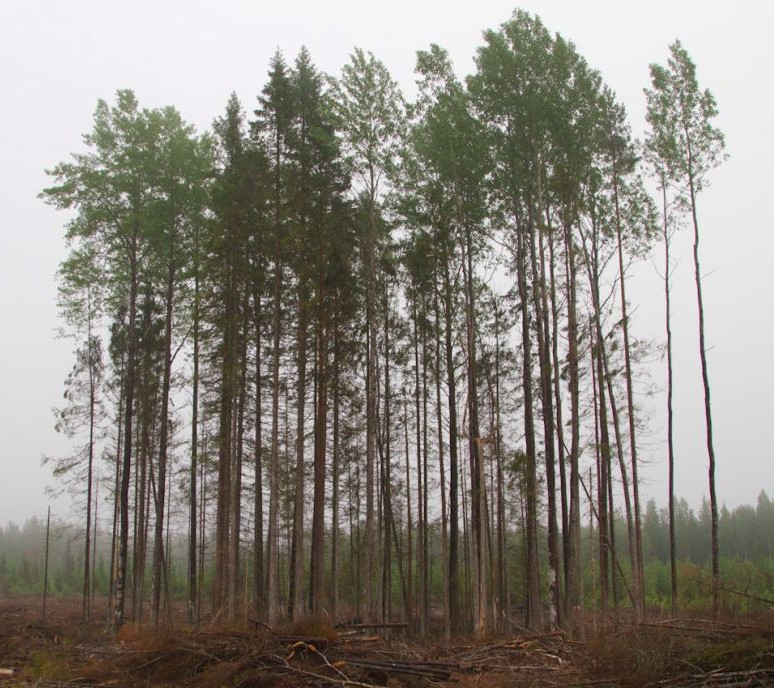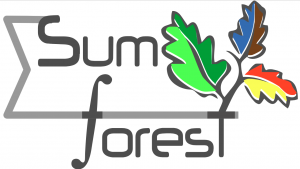Sustainable future of European Forests for developing the bioeconomy
CONTEXT
Products and energy based on fossil material contribute to the global warming. Sustainable consumption of Bio-based products and bio-based energy are two ways to reduce global emissions. EU Member States therefore work on a transition from a fossil- to a bio-based economy. This transition requires an increase in the extraction of bio-based materials from nature, such as wood from the forest. However, the forest also provides many other services to society. It sequesters carbon from the atmosphere and therefore reduces the greenhouse effect, it produces berries that we can eat, and it is important to the wellbeing of people. The forest is also home to numerous species and the main reason why many of them are red-listed is modern forestry.
MAIN OBJECTIVES
The objective of this project is to device sustainable ways to achieve European and national policies and practice in bioeconomy. We will assess how forest management should be modified when targeting alternative timber qualities and increasing flows of wood products while contributing to EU goals on climate change mitigation, ecosystem services and biodiversity. We will test two alternative strategies that seek to maximize the climate mitigation benefit while increasing the flow of biomass products: (i) optimal allocation of the biomass for different wood product categories, and (ii) optimal management planning. We will also perform an overall sustainability analysis to evaluate how the provision of biomasses and climate benefits can be reconciled with the maintenance of other ecosystem services and biodiversity in the long-term.
MAIN ACTIVITIES
We will formulate and simulate scenarios for land-use, forestry, ecosystem services and conservation from EU to national scales. This include:
- Developing EU scenarios according to policies and market demands for EU and partner countries
- Investigating effects of different forest values chains on climate change mitigation, adapting the EU wide scenarios to the policies of partner countries
- Assessing impacts of different forest management and flows of wood products on Mediterranean forest fires
- Assessing impacts of different forest management and levels of wood product extraction on the capacity of forest to contribute to climate change mitigation
- Designing novel combinations of forest management and relative proportions of wood products that minimize the potential negative impacts of increasing harvest levels on the provision of non-woody ecosystem services and biodiversity.

Duration:
April 2017 to March 2020
Ecoland researchers:
Partners:
- Swedish University of Agricultural Sciences, Sweden
- International Institute for Applied Systems Analysis, Austria
- University of Jyväskylä, Finland
- Forest Sciences Center of Catalonia, Spain





